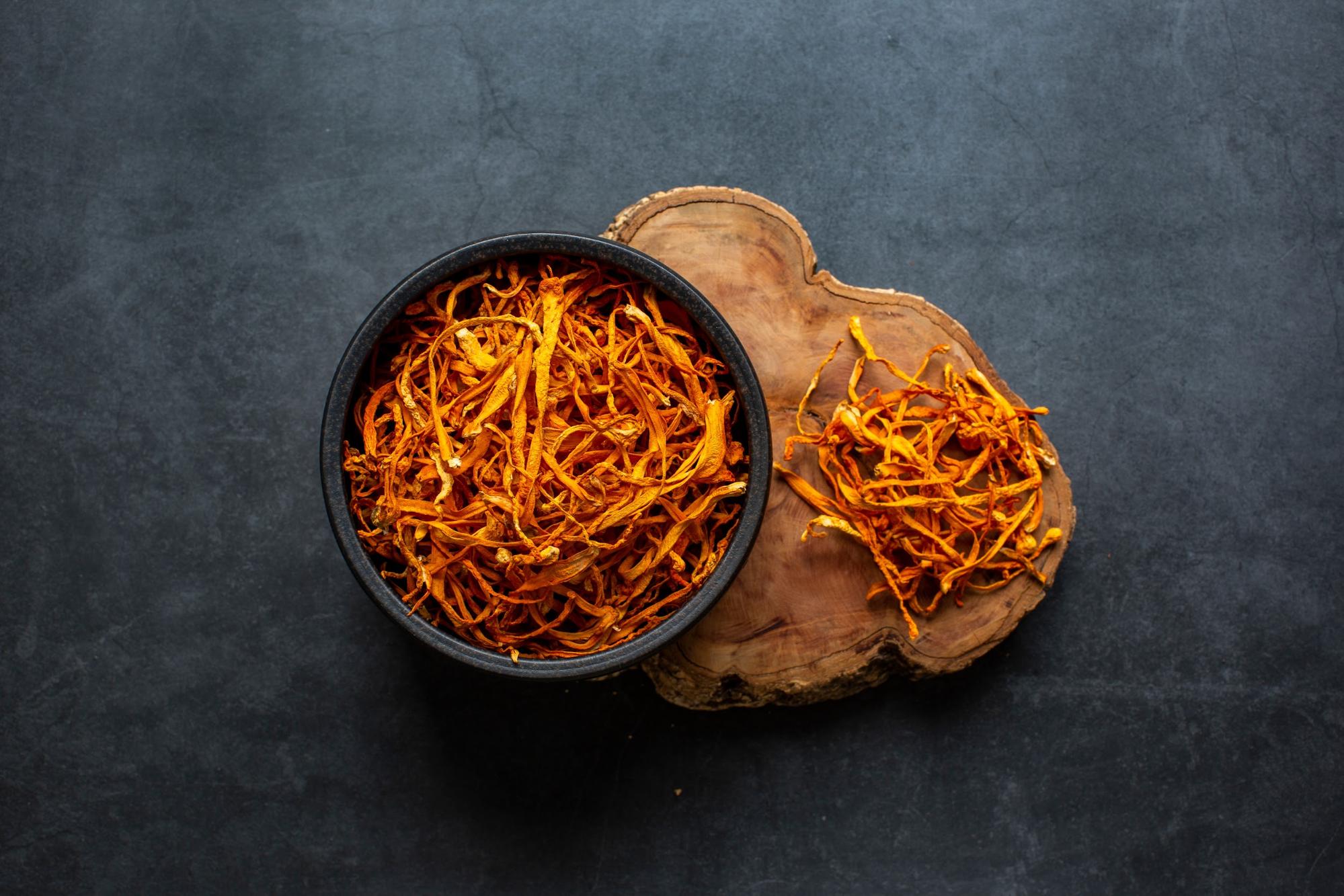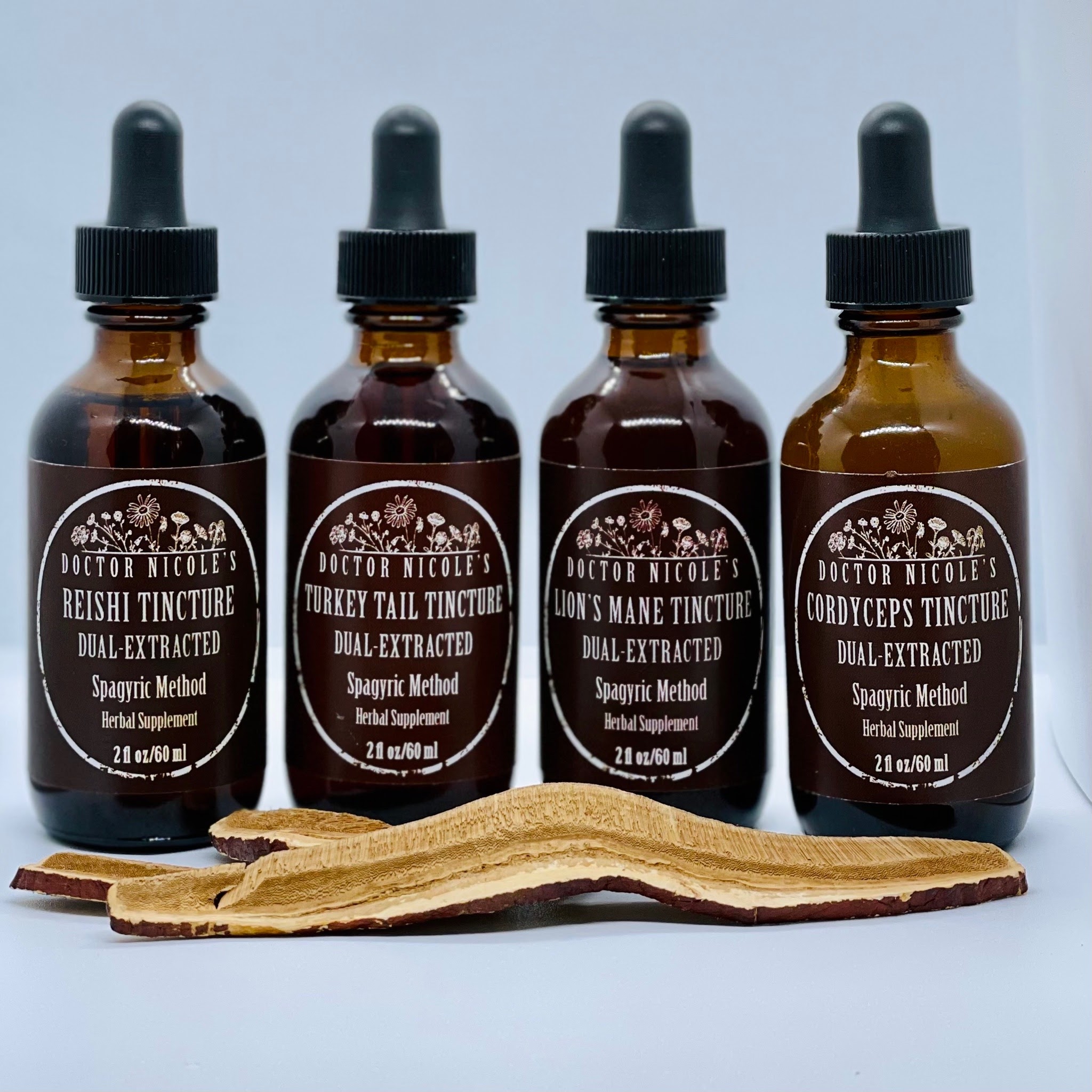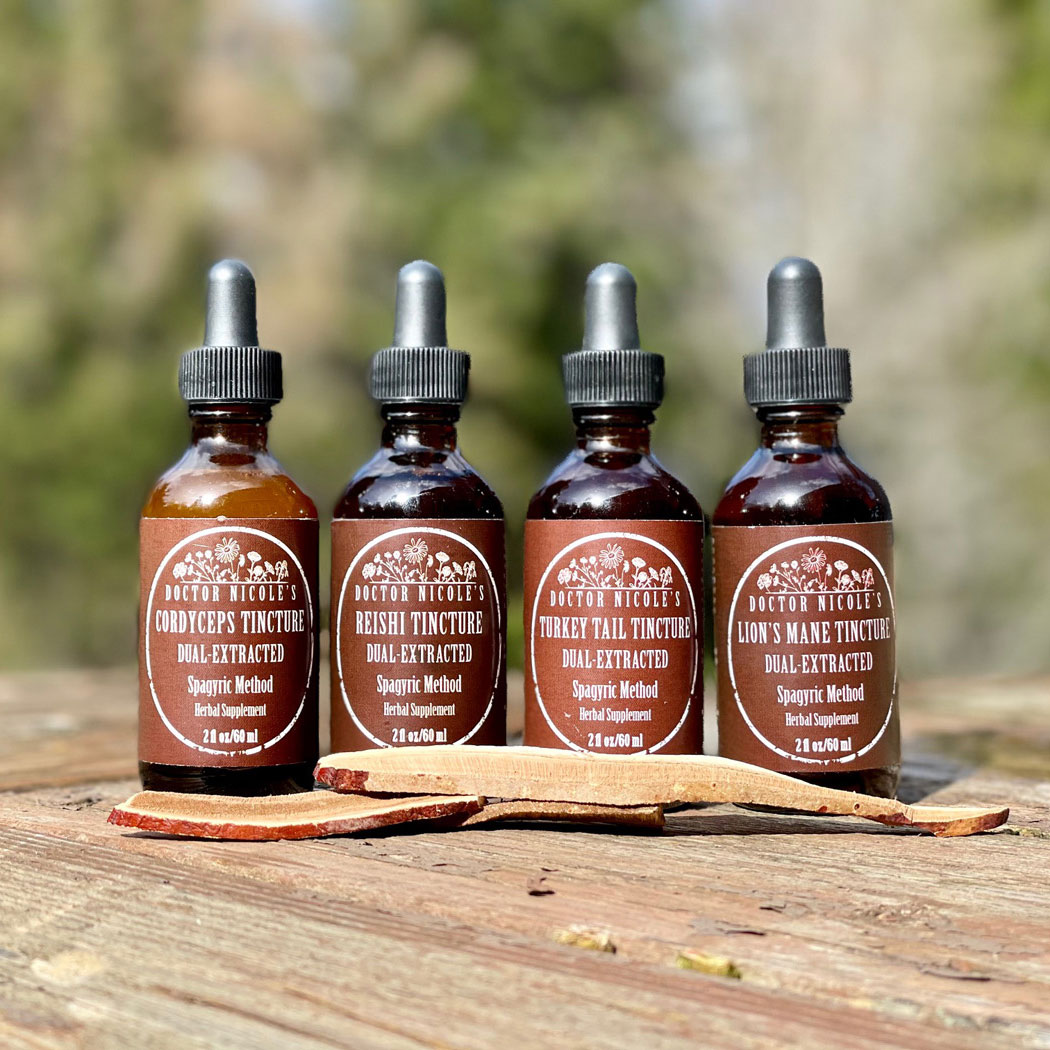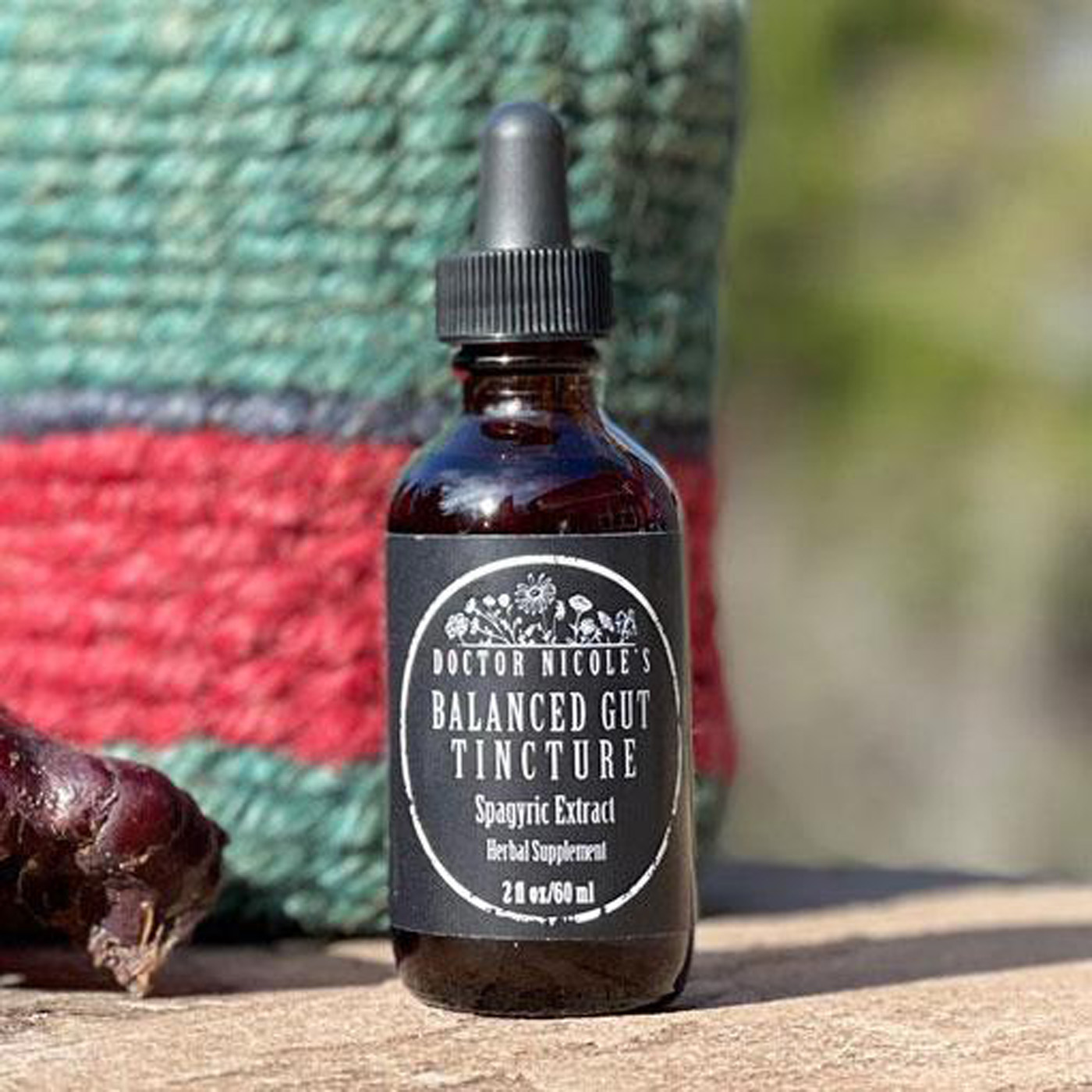A Traditional Health Staple For Today
Flaxseed has a long history of use for both health and industrial purposes throughout history. The plant and seeds were originally cultivated in the Middle East and later utilized to make linen cloth in ancient Egypt, thicken stews in Ethiopia, and as a laxative in ancient Greece. European settlers in North America made poultices for cuts and burns using the plant and used the oil for paints.1 Today, the seeds and oil are used for heart, brain, and immune system health as well as for inflammation control — which is why researchers have investigated flax as a potential aid for treating autoimmune conditions such as multiple sclerosis (MS). Their findings may surprise you.
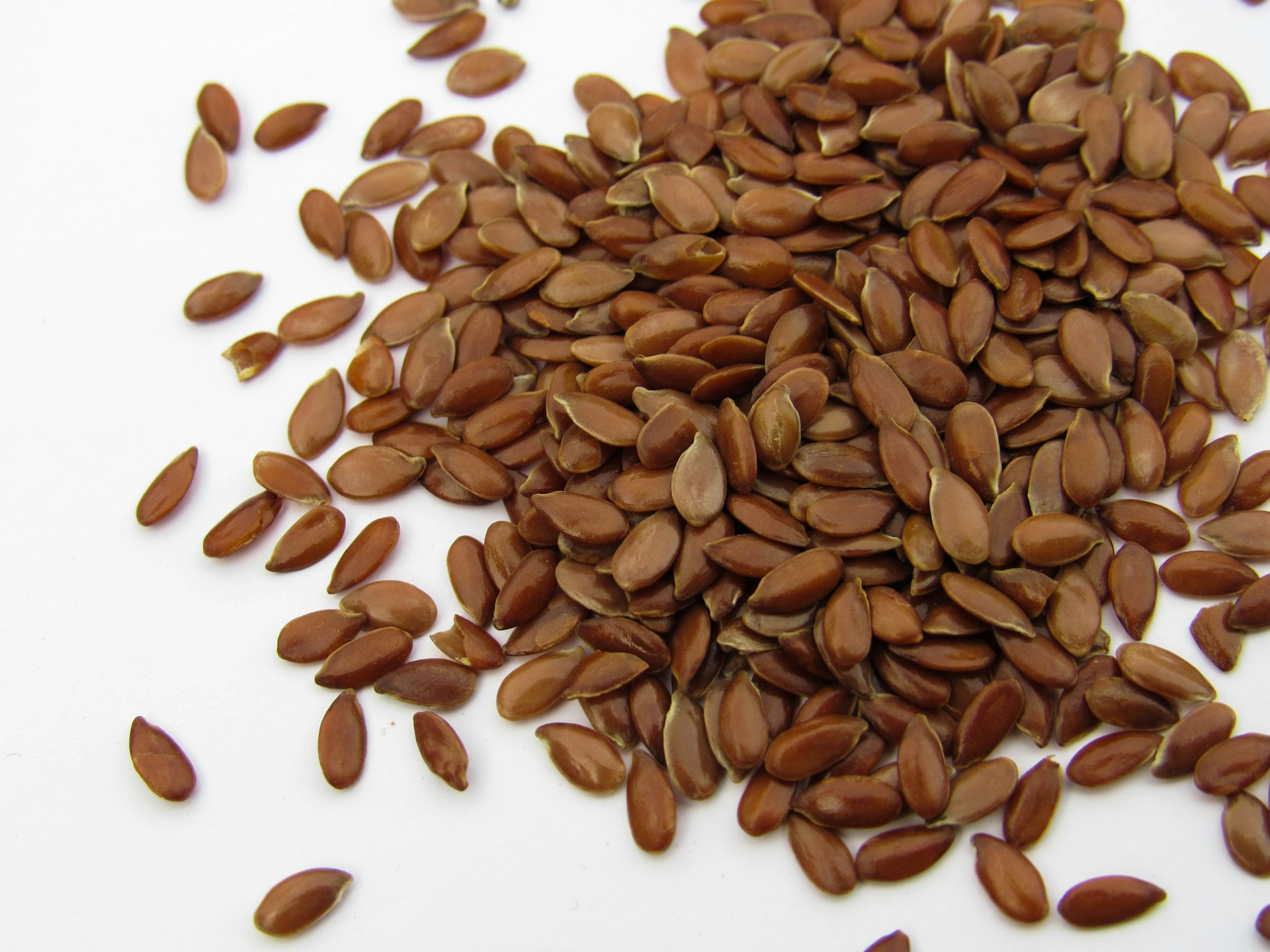
Lowering the Risk of MS and Slowing Progression
Over the years, many studies have found that supplementing your diet with omega-3 fatty acids is an important step in taming chronic inflammation, promoting heart health, slowing cognitive decline, cooling hot flashes during menopause, and balancing blood sugar levels.1,2,3
For our purposes here we are going to look at a fascinating study that found consuming flaxseed oil reduced the risk of MS by an astounding 40% and relapse rates by up to two-thirds. Why such dramatic results? In short, it was discovered that the oil helps to protect the myelin sheath surrounding the nerves that are damaged through the progression of the disease.
For the study, researchers examined the data of 80,920 women from the Nurses’ Health Study (1984-2004) and 94,511 women from Nurses’ Health Study II (1991-2009) who reported on their diet using a validated food frequency questionnaire every four years.4 The team then adjusted the results for age, latitude of residence at age 15, ancestry, cigarette smoking, supplemental vitamin D intake, body mass index, and total energy intake to establish the effect of polyunsaturated fat intake on MS.
The researchers discovered that a specific fatty acid called alpha-linolenic acid (ALA) was responsible for the exceptional findings. This plant-based fatty acid is found in high concentrations in flaxseed oil and those in the study who consumed the most had nearly a 40% reduced risk of developing MS.
It’s important to note the researchers also looked at the fatty acids found in fish oil as some studies have found that it is also helpful for those with the disease. However, according to the HOLISIM Study (Health Outcomes and Lifestyle In a Sample of People With Multiple Sclerosis), only flaxseed oil was associated with better health results — including quality of life, relapse rate, physical function, and disability.5
As the UK-based, science-backed multiple sclerosis organization Overcoming MS notes:
“Flaxseed oil benefits MS in both a structural way (forming part of the body’s cell membranes) and through the immune system (instructing the production of immune signals to dampen down inflammation). Flaxseed oil supplements also help to protect and nourish the myelin sheath surrounding your nerves. All of this helps to manage your MS symptoms and slow progression. In our view, everyone with MS needs to be taking flaxseed oil every day [20-40 mls or two tablespoons/day].”6
Botanical Support for Autoimmunity
Along with flaxseed oil, several herbal remedies are outstanding for addressing autoimmune conditions such as multiple sclerosis. My go-to medicinal herbs for this purpose are cordyceps, reishi, lion’s mane, and turkey tail medicinal mushrooms, all found in our convenient Mushroom FOURtress Bundle.
I use these spagyric, dual-extracted, fruiting body herbal medicines, along with our Balanced Gut Blend every day to manage my MS. Here are the benefits of each:
Cordyceps supports the body, lungs, and brain, offering relief for both chronic and acute concerns. Lion’s mane enhances cognitive and nerve function, boosts energy, and helps ease stress. Reishi acts as a calming adaptogen, promoting restful sleep, and modulating immune response. Lastly, turkey tail is my top choice for reducing inflammation, supporting gut and heart health, and balancing blood sugar.
SYMPTOMS MUCH IMPROVED!
“Thanks Nicole for [your Mushroom] FOURtress. I have had MS since 1996 with severe spasticity, ataxia and use a walking roller to facilitate walking. After taking [the] FOURtress, I feel my feet, can raise my legs and have more energy. For me it works because it has improved walking.” -Harold P.
Medicinal mushrooms such as reishi, lion’s mane, and turkey tail have been widely studied for their adaptogenic and immunomodulatory properties. Visit my apothecary today to explore these scientifically supported extracts and how they can support your own health journey!
Nicole Apelian
Nicole’s Apothecary Products in this Post
References
- “Flaxseed and Flaxseed Oil” NIH: National Center for Complementary and Integrative Health. https://www.nccih.nih.gov/health/flaxseed-and-flaxseed-oil
- Nowak W, Jeziorek M. The role of flaxseed in improving human health. Healthcare (Basel). 2023;11(3):395. doi:10.3390/healthcare11030395
- Soltanian N, Janghorbani M. A randomized trial of the effects of flaxseed to manage constipation, weight, glycemia, and lipids in constipated patients with type 2 diabetes. Nutr Metab (Lond). 2018;15:36. doi:10.1186/s12986-018-0273-z
- Bjørnevik, Kjetil et al. “Polyunsaturated fatty acids and the risk of multiple sclerosis.” Multiple sclerosis (Houndmills, Basingstoke, England) vol. 23,14 (2017): 1830-1838. doi:10.1177/1352458517691150
- The HOLISM Study, The University of Melbourne | Melbourne School of Population and Global Health Neuroepidemiology. https://mspgh.unimelb.edu.au/research-groups/centre-for-epidemiology-and-biostatistics-research/neuroepidemiology/the-holism-study
- “Flaxseed oil associated with 40% lower risk of developing MS” Overcoming MS, February 8, 2017. https://overcomingms.org/latest/flaxseed-oil-associated-40-lower-risk-developing-ms


